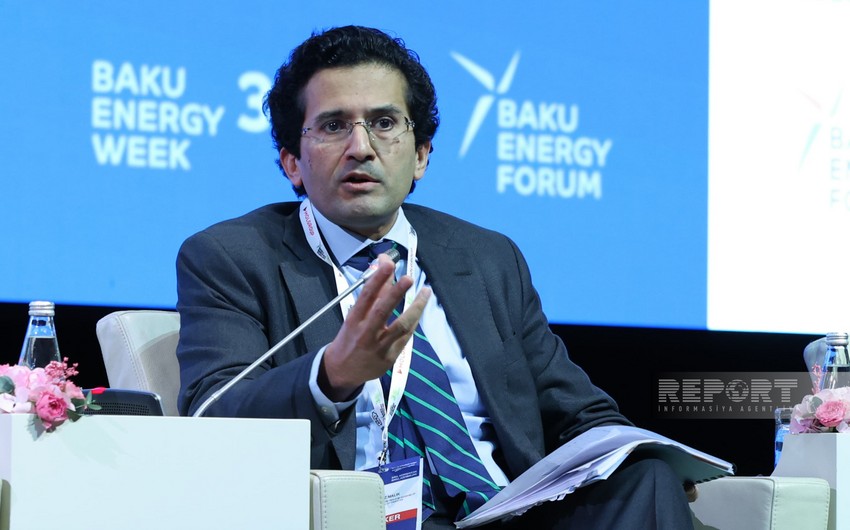The world’s 60 biggest banks financed fossil fuels by $6.9 trillion (£5.5 trillion) since the Paris Agreement, according to an analysis, Ednews informs referring to PA Media.
The banks, which include UK giants like Barclays and HSBC, committed $705 billion (£562 billion) in financing to fossil fuels in 2023, according to the 15th annual Banking On Climate Chaos (BOCC) report published on May 13.
It comes seven years after the legally binding international treaty to try to limit warming to 1.5C above pre-industrial levels came into force in 2016.
The UN says banks will play an important role in the transition by aligning their portfolios with the Paris Agreement.
The International Energy Agency has said that no new fossil fuel projects should be developed beyond existing fields to remain within the temperature limit.
The BOCC coalition of campaign and research groups analyzed the banks’ lending and underwriting to more than 4,2000 fossil fuel companies reported in Bloomberg LP and London Stock Exchange Group (LSEG).
They found that $347 billion (£277 billion), more than half of the biggest banks’ financing for fossil fuels in 2023, went to expansion alone.
Meanwhile, a total of $3.3 trillion (£2.6 trillion) was found to have gone towards fossil fuel expansion since 2016.
US bank JP Morgan Chase was identified as the biggest fossil fuel financier globally in 2023, committing $41 billion (£33 billion) to fossil fuel companies.
Citibank provided the most financing to fossil fuel expansion at $204 billion (£163 billion) since 2016, the analysis suggests.
The UK's biggest bank, Barclays, came eighth in the world for its financing of fossil fuels since 2016 at $235 billion (£188 billion).
It also came ninth out of the top 12 for the amount of finance committed to fossil fuels in 2023 at $24 billion (£19 billion).
HSBC came 12th in the world for its financing of fossil fuels since 2016 at $192 billion (£153 billion).










